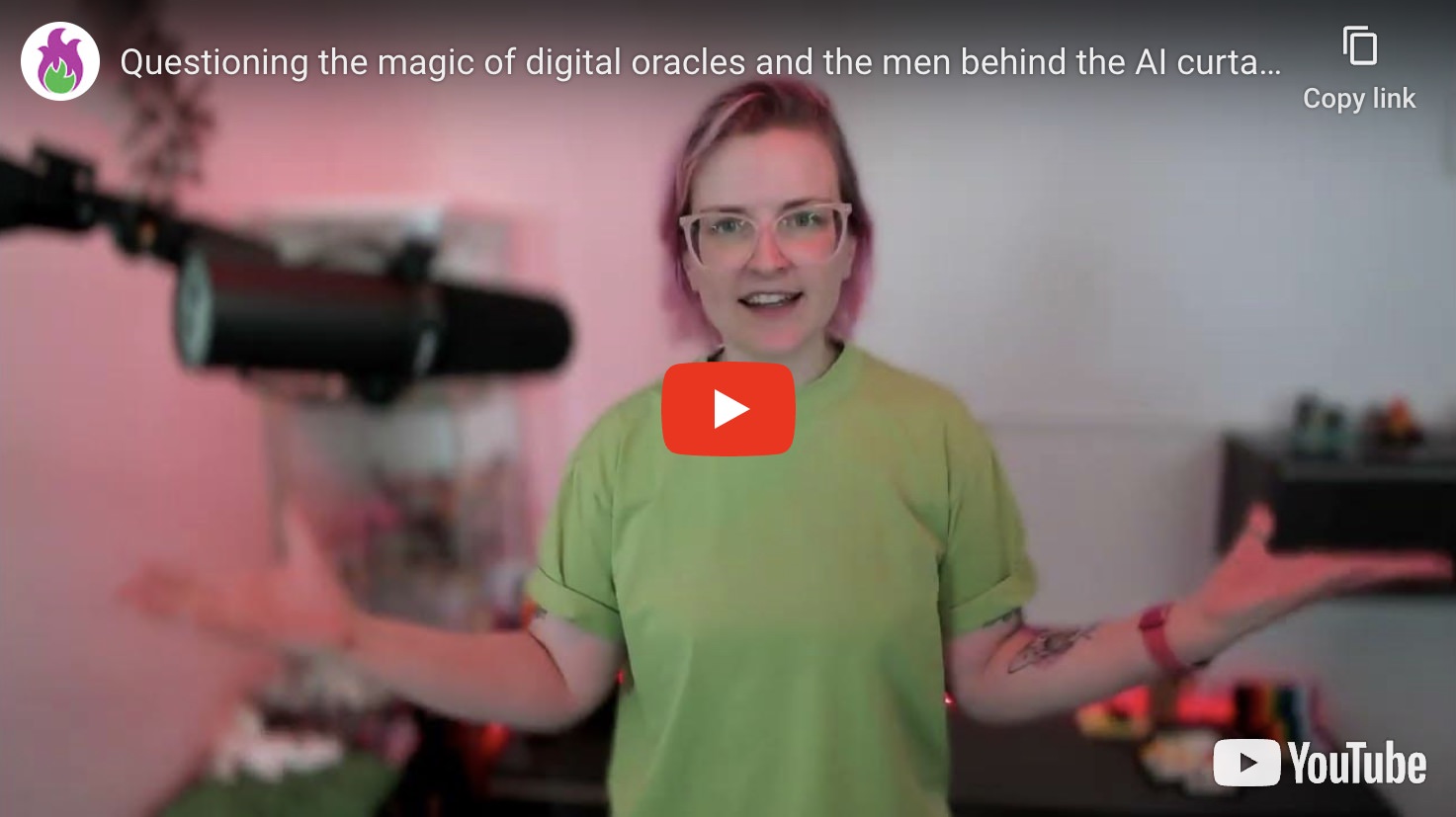Leaning into our messy human experiences in a world of generative AI
I’m probably not alone in having a bit of an existential crisis as I see generative AI convincingly imitate human skills. Sure, you can argue that these AI models are just reshuffling words and pixels and other bits of language, but a lot of the work humans do can be described in similar ways. There are talks of watermarking AI-generated outputs, but I wonder, what is the opposite? How can we prove our humanity? How can you be sure my blog posts were written by me, a human?
I’ve been thinking about markers of humanity lately: imperfection, messiness, emotions, vulnerability, the unique life experiences we each live through. We need time to learn, think, rest, eat, sleep, laugh with friends, and so much more. We are influenced by changing seasons and the weather, moon phases, hormonal cycles, and so much more in ways we don’t even fully understand. It’s wonderful to seek the knowledge of what makes us tick, but it’s also wonderful to not know and accept our organic nature. Without trying to become more machine-like.
So, I decided to do something that scares me, yet reveals how very human I am. I decided to record myself reading my previous blog post on questioning the magic of digital oracles in a way that is imperfect, messy, emotional, and vulnerable. I could have used an AI voice generator with a digital avatar if I wanted perfection. The result would be polished and professional, with no need to apply background noise removal to muffle the sounds of cats playing in the background. But perfection is not human.
You can now watch my small proof of humanity on YouTube or listen to it on SoundCloud.

I hope I managed to create a human expression that cannot (yet) be easily imitated by ChatGPT & co. Maybe OpenAI or some other company will steal this recording to feed the next generation of digital oracles. Maybe future models will learn to imitate my accent, mispronounced words, and eventually learn to feel the weight of thoughts and emotions that keep me awake at night and that I have, imperfectly, tried to capture in words.
Maybe this is a futile experiment, maybe it’s just the summer heat that’s getting to me, as yet another record-breaking heat wave makes its way across Europe. But that’s just the thing: ChatGPT doesn’t care about heat waves, as it’s running on its perfectly cooled data centers, who knows where. ChatGPT doesn’t struggle with the anxiety that this hot summer is one of the coolest of the rest of our lives. ChatGPT doesn’t feel the weight of the world and has no direct experiences of the world. Only our limited and biased interpretations of our thinking and feelings about the world.
That’s why there is value in embodied cognition, in humans experiencing and creating in ways that are uniquely human, even if often seemingly imperfect. That’s a lesson Hollywood execs are learning right now, with writers and actors on strike to have their humanity respected and to stop being devalued by so-called technological progress. I encourage you to give this a try.
You don’t necessarily have to go on strike – although strikes are very much needed in many industries – but experiment with expressing yourself in ways that are uniquely human. Ignore what the algorithms reward, express what you’re feeling, and ignore the likes count. Stop writing social media posts that could easily be generated by AI. Generative AI has no drive to generate, to create; we do. And that’s what proves you’re human. Experiment, create, be vulnerable, be human. Be weird.
 Tags:
Tags: